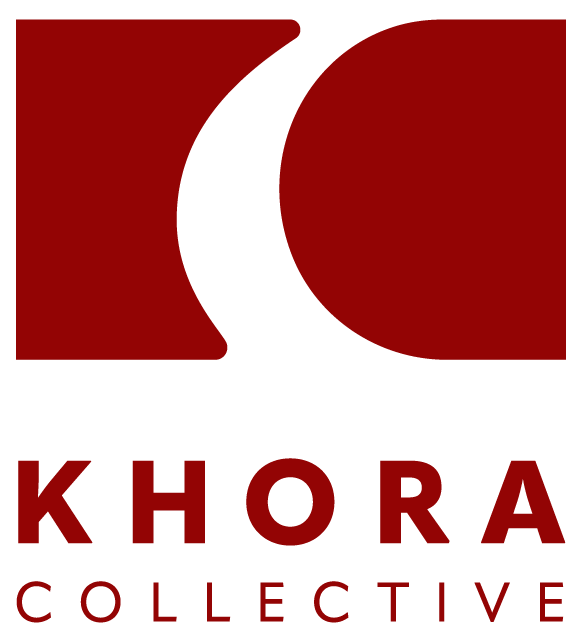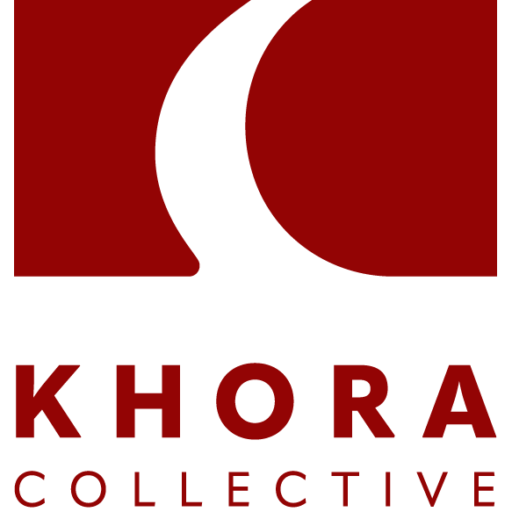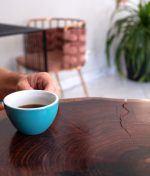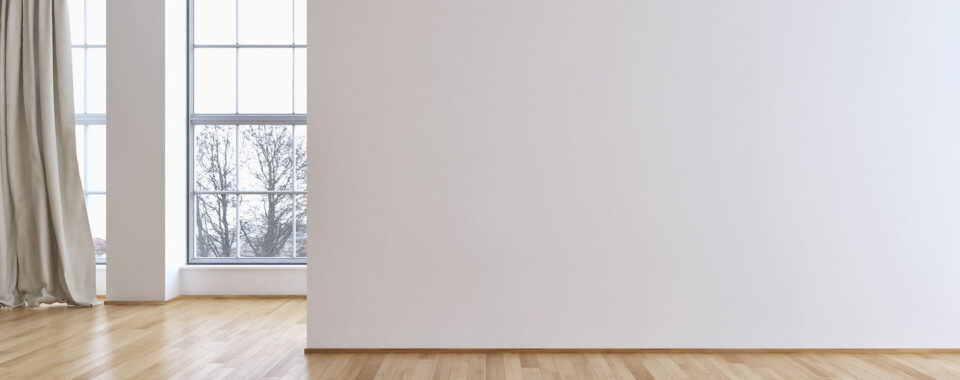
Many of us grew up in families or households where space was often a privilege, not a given. Like many immigrant households, our spaces were crammed with extended family, special foods, and carefully curated belongings, each item carrying a story.
As Asian Americans, we understand firsthand that spaciousness isn’t just about square footage—it was about how space made people feel. To us, it’s about balance, harmony, hospitality and intention—principles we absorbed from our cultural heritage, where thoughtful use of space is a reflection of respect, community, and well-being.
As Asian Americans, we often recall the teachings of our parents and grandparents, who often spoke of the importance of flow and energy in a home. “A space should breathe,” they would say.
But sometimes, wounds from past generations follow us or the unexpected happens as families adapt to new environments.
When I was a teenager, I accidentally left the car running inside our closed attached garage and exposed us to carbon monoxide.
Or, mold can start to grow and slowly poison our bodies without our awareness.
Or, maybe a family member no longer respects the space and destroys the harmony originally intended.
In these instances, our space becomes constricted, to adapt to the confines of survival.
We change too – no longer comfortable in the space we once knew, and on alert and anxious to react when toxicity enters our space again.
But with hope we enter our space again; we change the batteries in our carbon monoxide detectors, we get our homes professionally cleaned, and we ask people to leave our space or just don’t invite them as often.
Similarly, God sees us in our spaces of distress and brings us out into a spacious place; he rescues us because he delights in us (Psalm 18:19 NIV).
By God’s grace, He works to create spaciousness not just around us, but inside of us. Through a loving relationship with God, a new kind of spaciousness creates room for God’s love to grow. As a result of experiencing God’s love, goodness, and grace, we move and are sent into new spaces to lead with generosity for the good of others. As we move from and with God’s love, we create loving spaces for others to thrive and flourish. When we love one another, God abides (takes up space) in us and God’s love is perfected in us.
As Asian American Christian leaders, we begin our process by remembering the strengths of our cultural heritage and envisioning how people can move through a spacious leadership journey—not just physically, but emotionally, mentally, and spiritually. In the spacious leadership framework, we lean into the concept of open-plan design, ensuring the space flows freely, with areas that encourage both collaboration and reflection – with God and with others.
We’re also intentional to look for God’s light to fill our space with truth and life, creating an environment that feels welcoming and expansive. Mimicking the functionality of glass partitions used in some Asian homes to maintain transparency and extend sightlines—we discern God’s purpose by working towards clarity and openness in our leadership development by celebrating our rootedness in Asian tradition while also redeeming those traditions by moving away from toxicity and towards goodness.
But we know that openness isn’t just about the visual experience—it is about how space functions. In many Asian households, flexibility is key; rooms transform from dining spaces to workspaces to areas of rest depending on the time of day. With this in mind, we offer leadership development experiences that can adapt to the needs of every Asian American without overwhelming the space.
Our hope is to co-create an open space—no longer a collection of “walls and furniture,” but a place that invites creativity and community by and for all Asian American Christian leaders; A space that embodies the values we hold close—respect, resilience, collectivism, harmony, intention, excellence and more.
Spaciousness is not really about size but more about the spirit.
To be a spacious leader is to experience God’s grace, embody values of goodness, and lead with generosity for the good of others.
And, Khora Collective is a spacious place where Asian Americans can become leaders who use their power for the good of the whole Kingdom. We live into this purpose so we can create a kingdom culture of leadership that is generous and spacious for all Asian American Christian ministry and marketplace leaders across all generations.
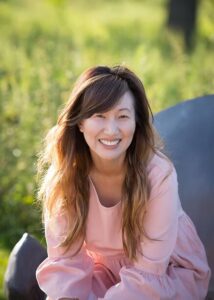
Dr. Yulee Lee is co-founder of Khora Collective and serves as Chief Executive Officer. Additionally, she is Chief Operating Officer of Stuff You Can Use, Visiting Faculty Instructor at Wheaton College, and Founder of The Change Leadership Institute. She holds a PhD in Educational Studies / Organizational Leadership from Trinity Evangelical Divinity School and a Masters in Public Policy from the University of Chicago. She and her husband, Dave, live in Orange County and have a son.
Purchase her book Leading Change While Loving People on Amazon.
